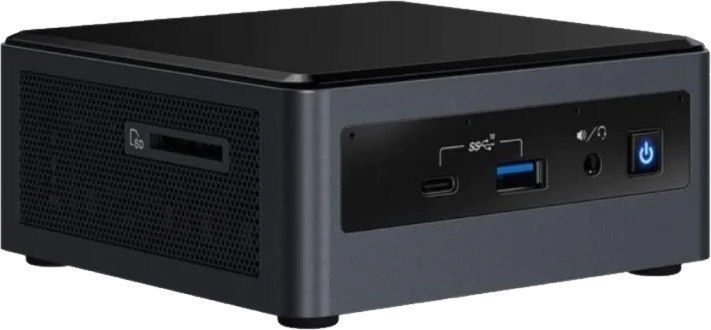POAP
General posts about designing and distributing POAP tokens. I talk about creating commemorative POAPs for trips, events like Tech Connect and interviews with artists behind NFT collections, along with musings on the evolving multi‑chain ecosystem.
- Sponsoring a contest.
- Submitting a design to a contest.
- Volunteers managing a contest.
- Volunteers sending a newsletter (see below).
- Volunteers hosting a community call.
- Winning a contest is already rewarded with the bounty. Governance tokens should be given equally to any artist that participates in a contest. Winning should not be a factor for governance tokens.
- Community call attendance is already rewarded with POAPs, and that should continue. That rewards engagement, and governance tokens reward contribution. However, a volunteer hosting a community call should be rewarded.
- Money
- DeFi
- Identity
- DAOs
- Hybrid Apps
- We sold 172 of the 180 Things 4 Good Candles we made. Last year we sold 134 candles.
- We sold all 50 bottles of Sweet Thing Honey.
- We sold 10 Jiggy Thing Puzzles, but it was the same puzzle we had in 2021 so a number of folks already had it. Last year we sold 26 puzzles.
- We had six Things 4 Good Candle scents this year: Winter Wonderland, Apple of my Eye, Oh my Darling, Tea Time (new), Red Hot (new), True North (new). Winter Wonderland and True North were nearly half of the 180 candles and together sold out the fastest.
- I’m not sure which vessel colors are the most popular, but it seems brown was likely the least popular.
- We achieved over 400% return on the expenses to buy supplies given the amount raised!
- Thus far 28 people have redeemed the Things 4 Good 2022 Fall Fundraiser POAP token. Printing out claim sheets with directions and the claim code was a much better way to distribute these.
POAPathon Future Thoughts
On the December 30th POAPathon Community Call there was a request for feedback on where POAPathon should go in 2023. I thought about it and here are my thoughts.
First some background. POAPathon is a community driven organization that facilitates design contests for people that need an image for a POAP event. I love creating POAP events, but I lack the design skills to create great images. I’ve used POAPathon a few times to get amazing images for my events. The process, collaboration, and results are great.
Some POAPathon designed events I’ve done include:
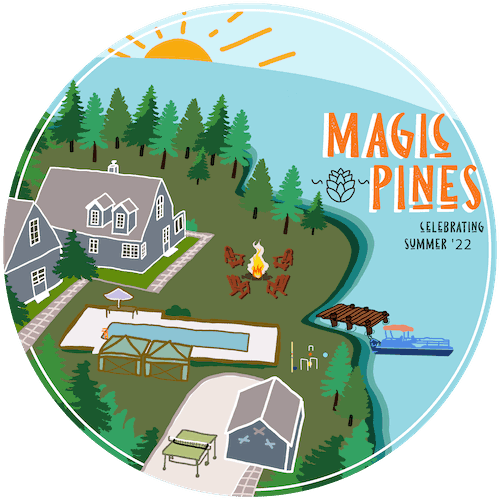
Magic Pines Summer of 2022
by kavishsethi
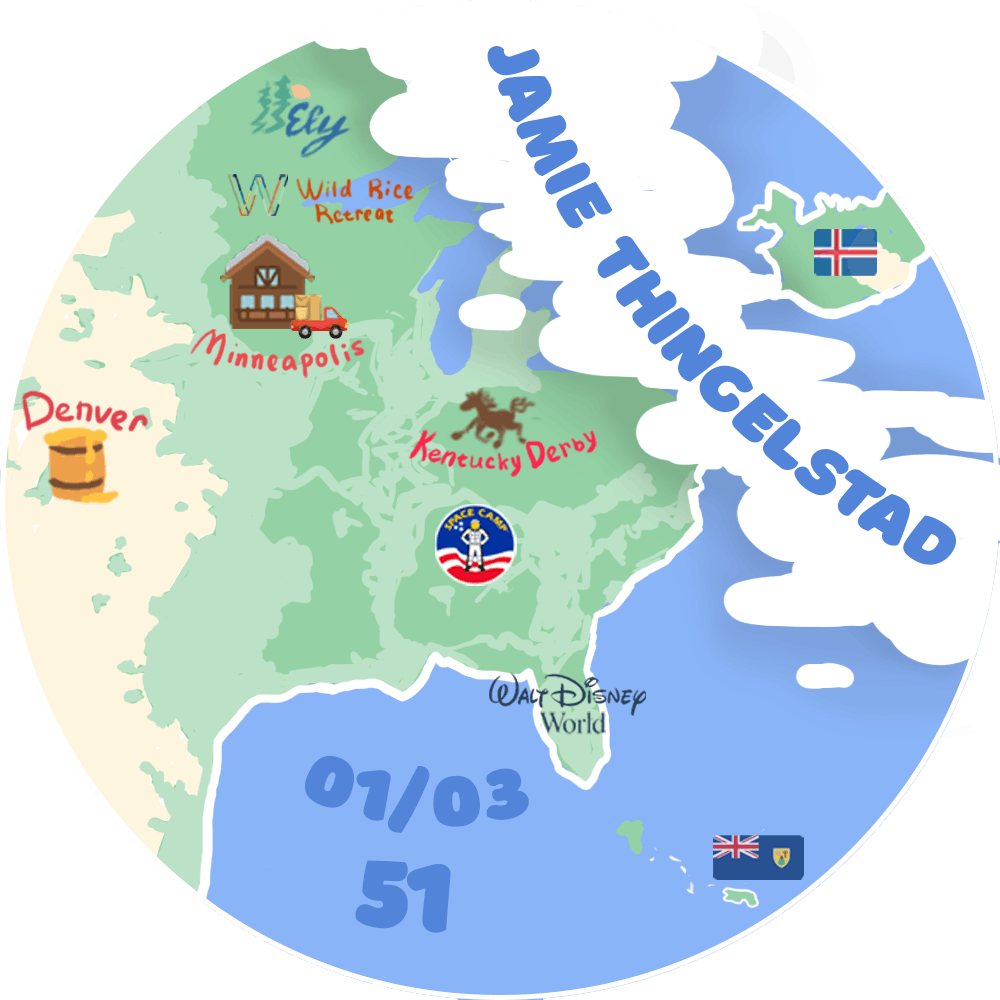
Jamie Thingelstad’s 51st Birthday
by designatum.eth
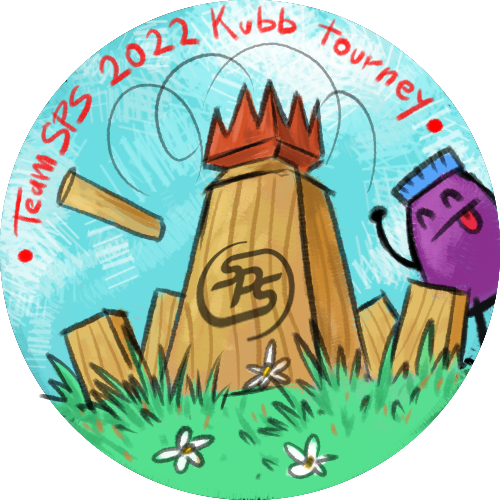
TeamSPS 2022 Kubb Tournament
by InsertGenericArtName
POAPathon DAO
Creating a DAO for POAPathon would enable two important functions:
Treasury for the DAO to fund programs, strategy, and execution.
To fund the treasury some percentage of all bounties should be directed to the DAO. POAPathon is providing direct value by creating this marketplace, and directing some of those funds into the treasury to be used by the DAO is best for the overall health of the community.
Governance tokens to enable decisions making.
Governance tokens have no monetary value and should never be bought or sold. These tokens would be distributed for actions done in the DAO. Examples would include:
There is likely a broad list of additional activities that could be rewarded with governance tokens, but there are two activities that should not be:
Serious thought would need to be given to governance token amounts for each activity. Fortunately POAPathan has been doing nearly all of these things for a year or more, and that historical set of activities could be used to model what the amounts should be. Future changes to reward amounts could be handled via a DAO vote.
Lastly, the DAO should be run on Gnosis Chain in recognition that POAPs are distributed on Gnosis Chain. (Disclosure: I am a Gnosis Chain validator.)
Contests On-chain
Today contests are created via a survey, USDC is sent to POAPathon, and the Contest Managers (POAPathon volunteers) are trusted to setup the contests and distribute the funds. To further embrace a trustless approach, contests could be moved to a smart contract and executed on-chain.
When a contest is created the USDC would be sent to a contract. That contract would then manage the distribution. Some percentage would be sent to the DAO immediately after the contest is approved. The remainder would be sent to the addresses of the winners.
There are a lot of options here. It would be ideal if the smart contract knew what artists had submitted art for the contest, and could even handle distributing governance tokens rewarding them for participating. The contest requester could then select the winners from a list of participating artists.
This would require development efforts that may go beyond the scope of volunteer engagement. If so, the DAO treasury could be used to fund the development of this.
Other Stuff
Focus on just POAPs. The POAPathon website suggests a variety of design services via contest (PFP, Logos), but POAP is right there in the name and focusing on just that use case may create more opportunity.
Email newsletter. Discord is great, but is only useful for very engaged community members. A newsletter that highlights the contests, selected artists, and more could be very compelling. This is a way to stay connected and broaden the reach of POAPathon. POAP has This week in POAP for example.
Give out more POAPs. POAPathon distributes a POAP for each Community Call. It would be cool to give a POAP for submitting a contest, and winning contests. I’ve created five contests now but there is no record of that outside of Discord history. I’d love to have a POAP from POAPathon showing that.
Closer connection with POAP itself. POAPathon could be part of the POAP process. There seems to be no mention of POAPathon on the POAP website that I could easily find. Getting in this flow of requests would help make sure there are enough contests to have a thriving community.
I’ve been validating the Gnosis Chain for about three months now. I’m running 32 validators. Gnosis made the transition to using proof-of-stake. The validators generate about 0.4 mGNO a day, or about $1.09, a 14% annual yield. On average my 32 validators propose 4 to 5 blocks a day, with a maximum of 10. There are currently 109,386 validators.
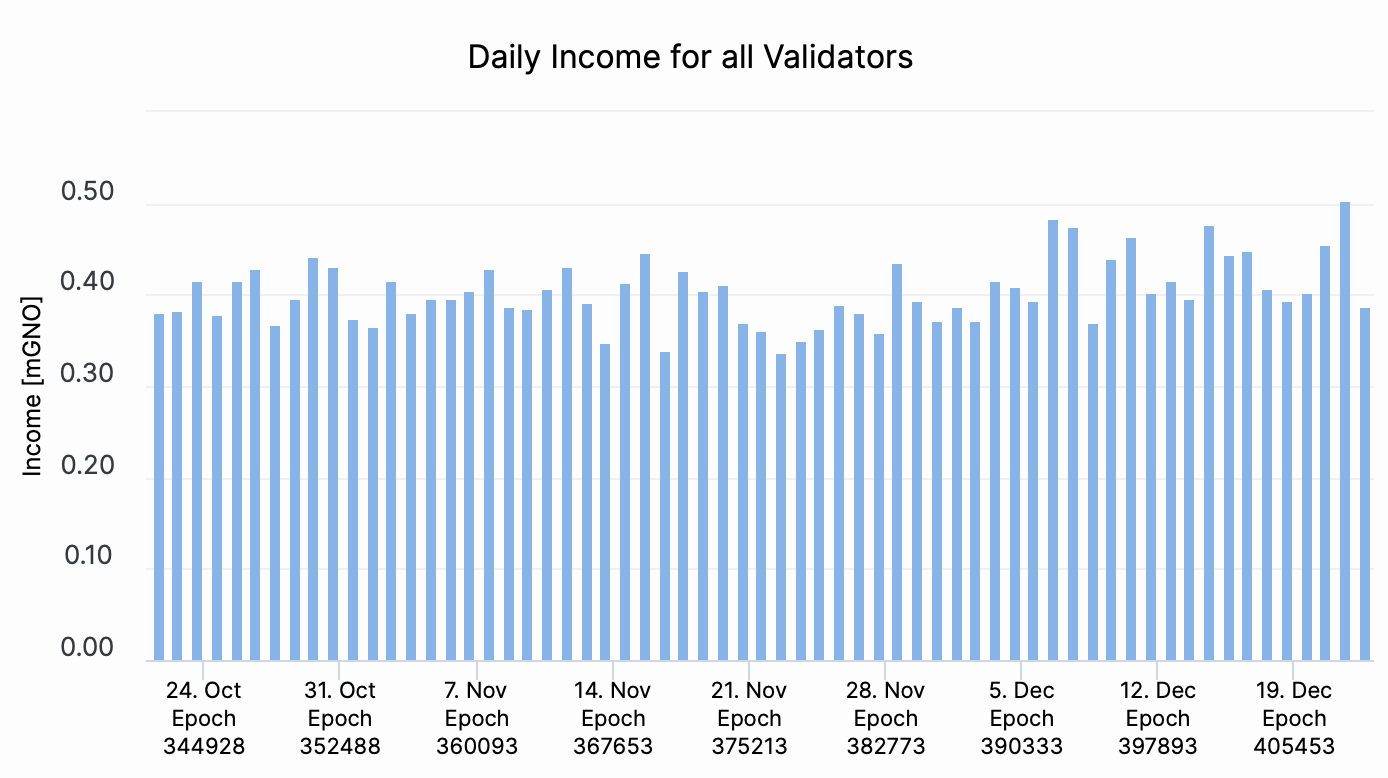
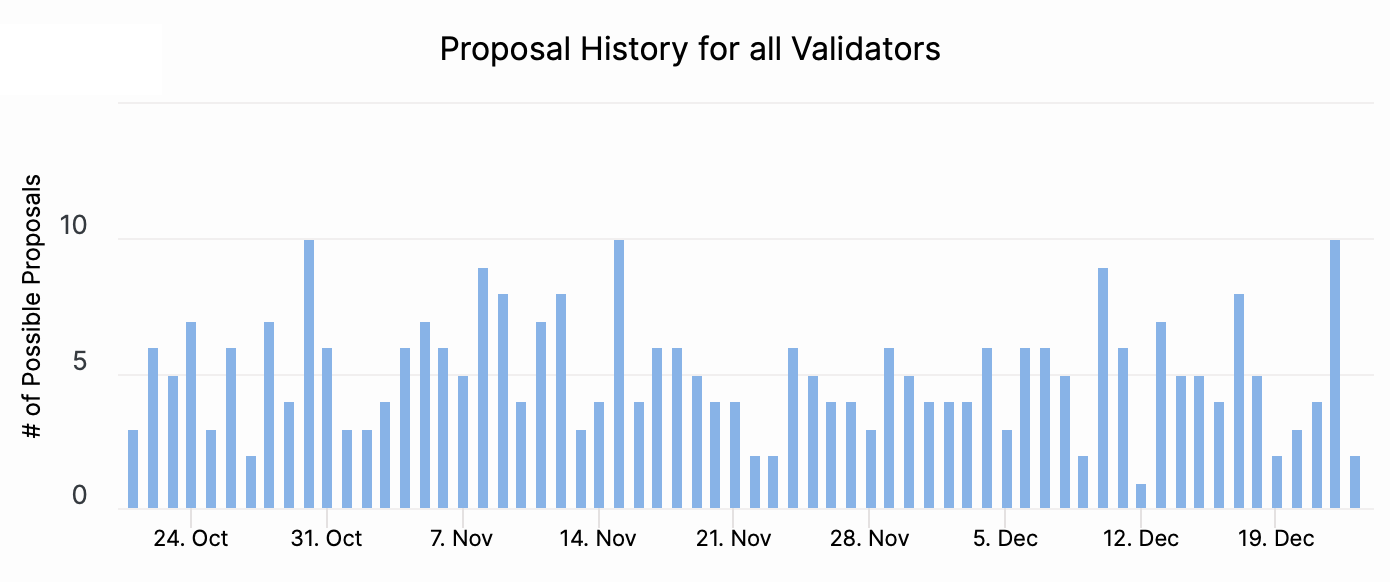
Find Unique Addresses for Multiple POAP Events
How do you get a list of unique addresses that have claimed any set of POAPs?
Each POAP event allows you to download a CSV file that has the addresses that claimed it, along with other data. Download all the CSV files into a directory. Now, assuming you are on Unix-like system, the rest is pretty easy.
First put all the CSVs together in one file. The download from POAP is missing a trailing newline, so loop in the shell.
for file in *.csv; do
for> cat $file >> combined.csv
for> echo "" >> combined.csv
for> done
Now lets spit the second column, the address, into another file. awk does this well.
awk -F "\"*,\"*" '{print $2}' combined.csv > addresses.txt
Now the classic sort and uniq combination will give us what we want.
cat addresses.txt| sort | uniq > addresses-uniq.txt
And you have your list!
I’ve created 27 POAP events that have had 630 tokens claimed from 354 unique addresses. Art for 4 of them from Poapathon. I 💚 POAP! Pretty cool!
PS: I’m planning a fun surprise for those 354 people. 😊🎁
Crypto in Three Words
While driving around on some errands I was yammering about something crypto related with the family. This is when they patiently listen a bit, and then change the subject back to something else when I leave a break in the conversation.
This time though my break was met with a question from my daughter. “Dad, describe crypto in three words or less.” I’m going to ignore the presumed verbosity in limiting me to three words. I decided to embrace the challenge.
I thought for a bit and hit on the three words:
Common Digital Ownership
I suspect that these are not the three words that everyone would come up with. So, let me give some context.
Digital
Let’s start in the middle. It is very clear that the digital world is continuing to grow in significance for our lives. Certainly the amount of time we spend online has increased significantly over the last decade. But that is just the beginning. Nearly every part of our life now involves some form of digital interaction. We do our banking digitally. We watch nearly all of our entertainment and news digitally. We keep track of our favorite sports digitally. We book our restaurant reservations, haircuts, Doctor visits, and everything else digitally.
With every passing day the digital world becomes increasingly important to everything we do. In fact, many of us now have a digital identity that is part of our overall identity.
In short, we need to care and pay attention to our digital experiences.
Ownership
As digital becomes an ever increasing part of our life there are concepts that are obvious in the real world but are very complicated in the digital world. Ownership is one of those.
Since the beginning of computing, technology has made it increasingly cheaper to make perfect copies of anything. In fact, so cheap that we could consider it free. If I have a song or a photo, I can make copies forever for nearly no cost.
In the real world we like to say that “possession is 9/10ths of the law”. Mostly, if I physically have an object, more than likely I own it as well. This is patently not true in the digital world.
I could have an application, an image, a song, or any number of different things that I have gotten digitally but not own any of them. However, ownership is still important, particularly as more of our life happens online.
There have been workarounds. When we buy software now we get a long string of random characters that is a license key for us to use that software. That is a form of asserting ownership. I could embed into the IPTC and EXIF metadata for a photo a copyright statement to assert ownership. But none of these have the same qualities of actually possessing something, like if I have a hammer in my house. It is almost certainly my hammer. Or my neighbor is missing a hammer.
Crypto gives us a means of asserting, verifying, and proving ownership. In fact, enables the first digital asset that cannot be copied at any cost.
This ownership could be of anything. It could prove that you own some Bitcoin or Ethereum. It could prove that you own an NFT that represents the right to use a piece of software. It could be a certificate that proves you have a degree from a certain college. It could be the literal digital file for a song that you have ownership of. It could be a POAP that proves you were at my cabin one summer.
I believe that being able to own things, and transfer that ownership, is an important feature of our digital world.
Common
The first word is last because I want to first establish that the digital world is critically important, and then second that ownership is an important feature of the world that should be represented in that digital world.
It could be argued that we have this feature already. In fact, if I login to the iTunes Store and buy a DRM-free song, I have ownership of that song. Or at least I do as long as iTunes agrees with me. If I buy an eBook on Amazon I think I sort of own that book, although I really don’t since they have recalled books that people have purchased.
I believe it is vitally important that we have a way of owning digital assets that is independent of corporations and governments, relying on something akin to “the commons” as much as possible.
Common wasn’t the first world that came to mind here. First was “decentralized” which I think is a fine word, but it is a how more than a why. Plus it’s a $5 technical word that most people will scratch their heads about. Yes decentralized is important, but more important is that it is decentralized in “the commons”, meaning average people running average infrastructure to make this service work.
The other word I liked was “public”. I think that works well too, but I worry about potential interpretation as a government service. Ownership must be done without corporations, non-profits, the government, or any other finite “entity”.
Important to “common” is the legitimacy that comes along with it. There is a common argument that critics of crypto make, that blockchains are just a database, and a bad one at that. Blockchain isn’t a database, because it has legitimacy as a feature. A database only gets legitimacy from the organization that runs it, companies or governments. For us to have ownership that is more akin to the hammer being in my house, it needs to be legitimate and owned as a common capability.
✧✧✧
Common Digital Ownership
This is the foundational argument that I would make for crypto. There are a near infinite number of things that can be built on Common Digital Ownership, but the core is simple. We shouldn’t rely on corporations or governments granting us the right to own digital things. We need to be able to create, own, share, transfer, and sell things completely on our own in the digital space. Just like we can in real life right now.
What in Ethereum ecosystem excites me
This was originally published in Weekly Thing #237 as the featured link, but I’m also publishing it here for easy reference.
As the creator of Ethereum I was very interested in reading about Vitalik Buterin’s take on what he is excited about in the space. While obviously being a promoter of Ethereum, Vitalik is also a reasonable critic and has a track record of highlighting problems or limitations. He starts with that…
We’ve also come closer to identifying fundamental limits of the space. Many DAOs have had a fair chance with an enthusiastic audience willing to participate in them despite the inconveniences and fees, and many have underperformed. Industrial supply-chain applications have not gone anywhere. Decentralized Amazon on the blockchain has not happened. But it’s also a world where we have seen genuine and growing adoption of a few key applications that are meeting people’s real needs - and those are the applications that we need to focus on.
Hence my change in perspective: my excitement about Ethereum is now no longer based in the potential for undiscovered unknowns, but rather in a few specific categories of applications that are proving themselves already, and are only getting stronger.
Many people (including me!) have said that blockchain is a solution looking for a problem. I think that was a fair assessment a number of years ago. The space has evolved in significant ways, which is partly why I prefer to refer to the solution space as “crypto”, and not blockchain. I tend to not love the Web3 term either, as it is often placed in opposition to Web2 which is incorrect in my opinion. My own “tinkering” in the space has been to be a user, a builder, and see what I can do with it in my own hands.
Summary of Buterin’s list:
My list would be the same, but I would probably change the order with Identity being on the top.
Some thoughts of mine using Vitalik’s list:
Money
Money will be digital. I think we are well beyond the tipping point on this. I don’t think paper money should disappear, but having digital cash is too powerful to ignore. The innovation here will continue to happen in smaller and less developed economies, but will come everywhere.
Unlike wealthy countries like the United States, where financial transactions are easy to make and 8% inflation is considered extreme, in Argentina and many other countries around the world, links to global financial systems are more limited and extreme inflation is a reality every day.
I think bound to this future is a multi-currency world. Something that will be new as well to wealthy countries. The power to be able to move a variety of currencies directly wherever I want is huge. Simple stuff, like paying for a designer directly with a designer in another country by sending USD Coin with no intermediary is incredible. Stablecoins are also a critical unlock here to allow for more average, everyday transactions. Vitalik’s overview of different types of stablecoins was interesting to me and got me looking at RAI closer.
My hope and belief here is that this is all additive. It isn’t a replacement, but in addition to. Will credit cards go away? No, they provide a debt tool and protection against fraud since the funds move slowly.
Blending fiat and digital, along with a variety of stablecoins as well as traded currencies, will allow people to use different tools for different jobs, and give more freedom and choice to how we transact with others.
DeFi
An observation about finance that isn’t limited to crypto. It tends to get wildly complex and have hidden leverage that results in unsustainable returns, that eventually blowup. We’ve seen this in DeFi, we’ve also seen it in traditional finance. We’ve also seen a ton of fraud in DeFi, which we’ve also seen in traditional finance.
The use cases Vitalik lists here are interesting. I would add to them that access to simple financial capabilities, particularly debt, via smart contracts is a boring but very powerful tool.
I’ve been lending for 15 years on Kiva and have ben part of 258 loans so far. I’m a fan of Kiva and the basic thesis of microlending. However, it is a complete and total black box. I have to trust Kiva, and their field partners, and just cross my fingers that this all works. This entire thing could be rebuilt in so many better ways.
Another good example here is Endaoment which I used to create a donor advised fund on-chain and fund in minutes using my browser.
The key with this space is to keep it boring and simple.
Identity
How the crypto ecosystem has approached identity is surprisingly one of my very favorite things. It is important to note that in crypto identity is often aligned with a wallet, and you can have any number of wallets. I love the fact that you can build up multiple identities and could even bind those all to one person. The ecosystem is the win here.
When I log on to Blockscan chat, I sign in with Ethereum. This means that I am immediately visible as vitalik.eth (my ENS name) to anyone I chat with. In the future, to fight spam, Blockscan chat could “verify” accounts by looking at on-chain activity or POAPs. The lowest tier would simply be to verify that the account has sent or been the recipient in at least one on-chain transaction (as that requires paying fees). A higher level of verification could involve checking for balances of specific tokens, ownership of specific POAPs, a proof-of-personhood profile, or a meta-aggregator like Gitcoin Passport.
I like what Reddit is doing here as well. Reddit is slowly moving avatars and their own reputation system into crypto, and doing it with either a wallet that they manage for you or you can provide your own.
You can see reputation forming here with a combination of systems like Reddit Karma, and then layering on POAP tokens as well.
If you take a look at the POAPs that I have it gives you a clear sense of me, at least in some dimensions of my life.
I agree with Vitalik’s assertion that Privacy is a key issue that has to be addressed here. However, I would put user experience even higher, which isn’t on his list. This stuff is wonderful for geeks, but is far too difficult for average users to pull off. I think Rainbow is ahead of the pack here. Using Rainbow you can buy an ENS name right in your wallet and manage your profile, in addition to seeing your various POAPs.
Additional to identity, I think we are going to see attestation added here through signing and other cryptographic proof. How do you know that the text you are reading was actually written by me? Well, you can trust that nobody was in the middle. But if I digitally sign it with my thingelstad.eth wallet, and you can attest that wallet is me, you can know for sure.
DAOs
I think there is a lot of potential in DAOs. I’ve described them as a means of organization collective action. Vitalik’s definition is more specific.
Most generally, a DAO is a smart contract that is meant to represent a structure of ownership or control over some asset or process.
I’m a token-holder in multiple DAOs, mostly in the Noun ecosystem but also in Ukraine DAO, Elf DAO, and others. For me DAOs have been filled with as much disappointment as excitement, but I still think there is a huge potential here.
Vitalik’s thoughts on DAOs are much deeper than my own. I would like to consider small DAOs and how that could enable new things.
My favorite DAO example would be a neighborhood solar collector. Using a DAO you could remove much of the trust and governance requirements. if 80% of the households in a neighborhood wanted to collectively setup a solar collector, a DAO could be created to hold the treasury, pay for the installation, provide maintenance, take votes on improvements and changes, and pay the members out as needed. That could be a big enabler of “collective action”.
My bad taste with DAOs today is that nearly all of them vote with tokens, and that means that many DAOs are controlled by a small number of mega token holders. LilNouns DAO, which I have 2 of, is dominated by a handful of people that hold large collections and they effectively control the votes. Governance models need to evolve greatly for DAOs.
Hybrid Apps
Using crypto technology to solve just part of the solution for an existing service is a great use case. I think these will lag though as they need significant adoption of crypto via primary use cases to power these secondary ones.
In conclusion, this list is what makes me excited about the Ethereum landscape. There are other valuable things happening in crypto, but these use cases have a lot of potential, and are not easily solved using other approaches.
Things 4 Good Fall Fundraiser Notes
We had a great Things 4 Good 2022 Fall Fundraiser. With the help of many friends and family we raised $5,217 to support four good causes.
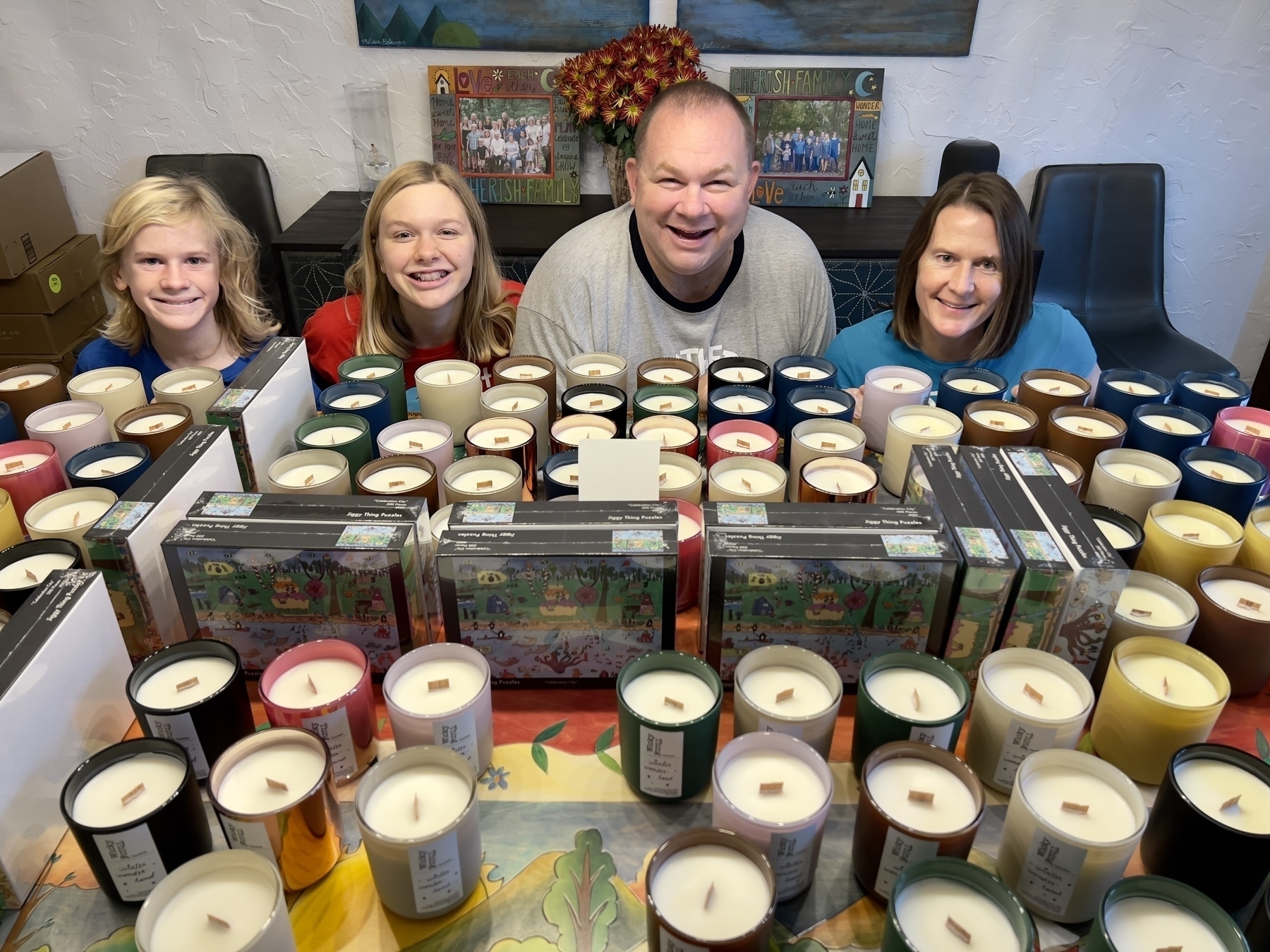
Some notes from the event:
I’m already looking forward to the 2023 Fall Fundraiser! 🤩
I love that This Week in POAP highlighted our Things 4 Good Fall Fundraiser POAP in the Nov 15 edition! ❤️
“POAPs for good: a POAP at a family fundraiser.”
Mainnet Merge Lapse 12 "Thing"
The Mainnet Merge Paint Party was one of the fun events to celebrate the Ethereum Merge in September, and I put some pixels down and put “Thing” on that canvas to be memorialized forever. At the time there was a comment of being able to mint an NFT from the canvas, but it wasn’t ready yet. I recently stumbled onto the new and improved POAP Art website and saw that the mint feature was now live!
I minted the 12th lapse and now have my own NFT that is a animated zoom of just the area of the POAP Canvas that my name is in. You can see that I had to defend my pixels through the night.
If you look closely you’ll also see an “HF” in red. That is Hector’s pixels that he placed and then I defended, and eventually moved, to keep them in the final.
I also have my Mainnet Merge POAP.art Canvas Pixel Placer POAP token as well. 🤩
What a great way to remember such a historic event, and mark “I was here!”
The POAP for this weekend’s Things 4 Good 2022 Fall Fundraiser is ready and it is awesome! This will be a fun collectible for those that come, as well as enabling holders to have input on next years candles! 🤩
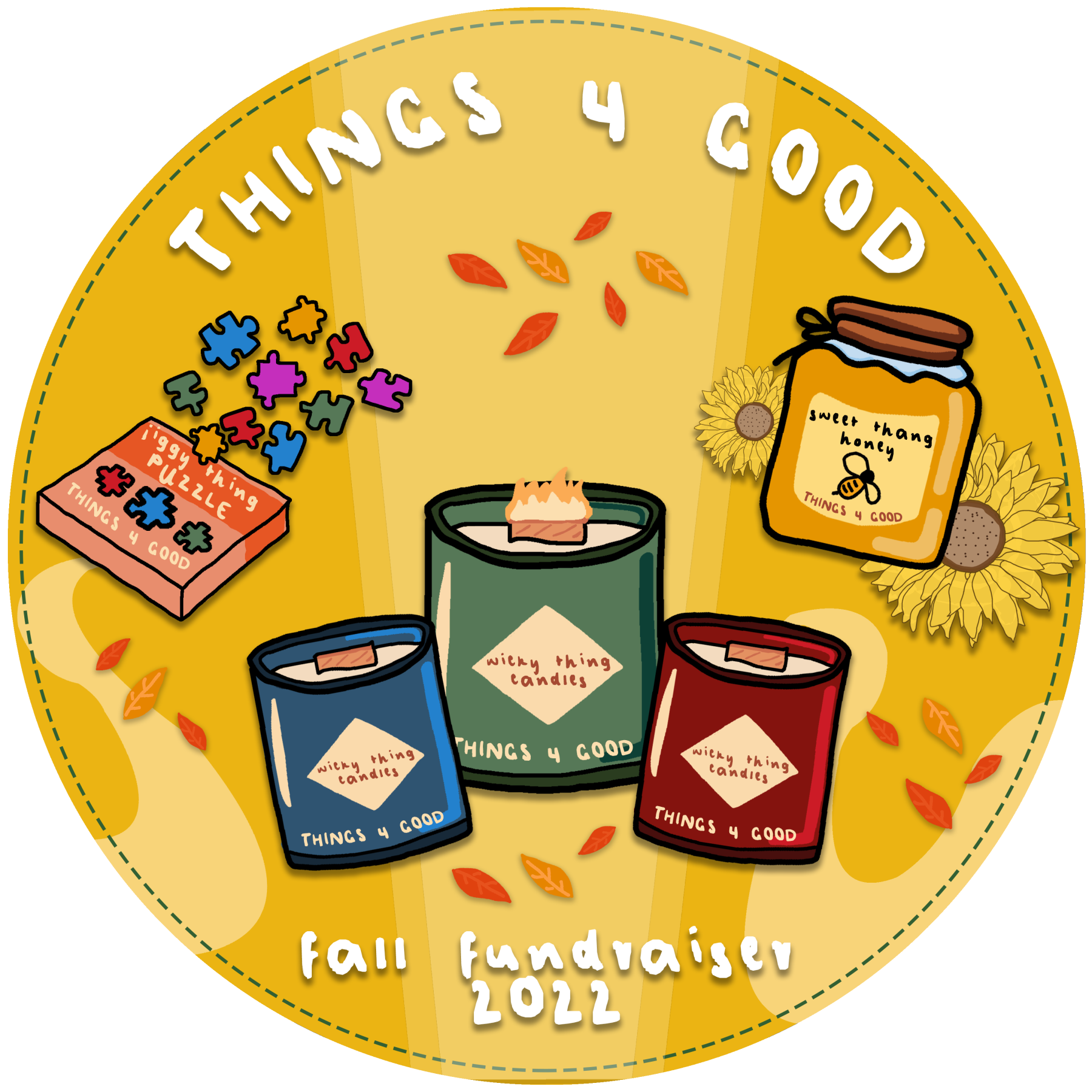
I just wrapped up another Poapathon contest to get a design for our Things 4 Good Fall Fundraiser. The designers were amazing, creative, and put forward several options that were great fits for our event. If you need design help it is an amazing resource! 🎨
State of Blockchain 2022 Event
MN Blockchain hosted their annual State of Blockchain event this evening at Fueled Collective in Downtown Minneapolis. This was the first event of theirs that I have gone to and it was a good evening.
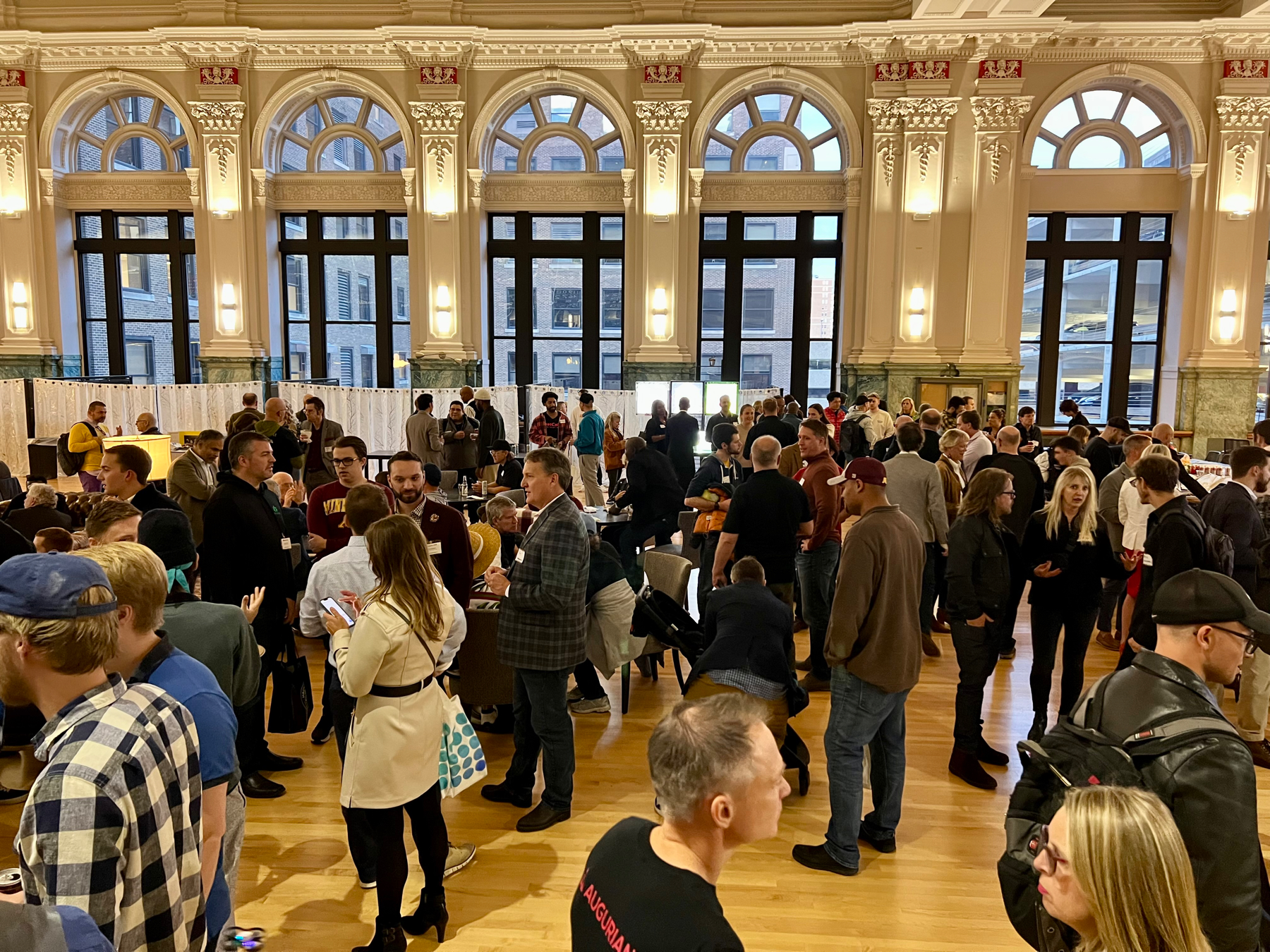
There was an hour for networking and food with a handful of people displaying projects or work they had done. I got to meet Cats Will Eat You, one of the local artists that I have been following for a while. I own Ring, Rang, Rung from him. I also got to check out Inside the Robot and Nuclear Nerds.
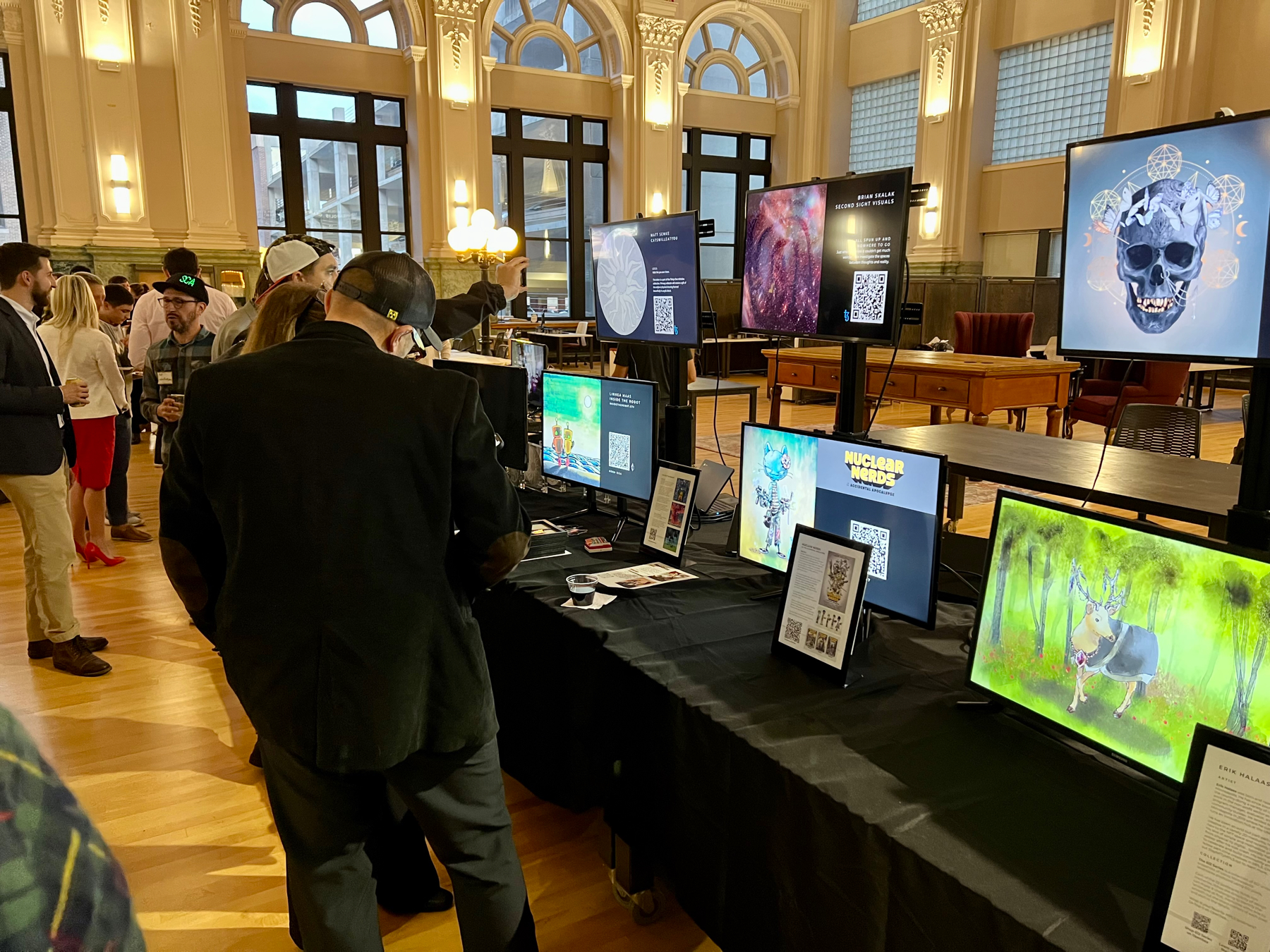
For the panels and presenters it started out with storage and the blockchain and a session with Filecoin and StorJ. They are each solving the problem from a different angle with Filecoin more focused on long-term archival and StorJ on distribution and CDN functions. They’ll both cross over into each other space.
Disclosure: I am a small investor in a Filecoin provider and hold Filecoin tokens.
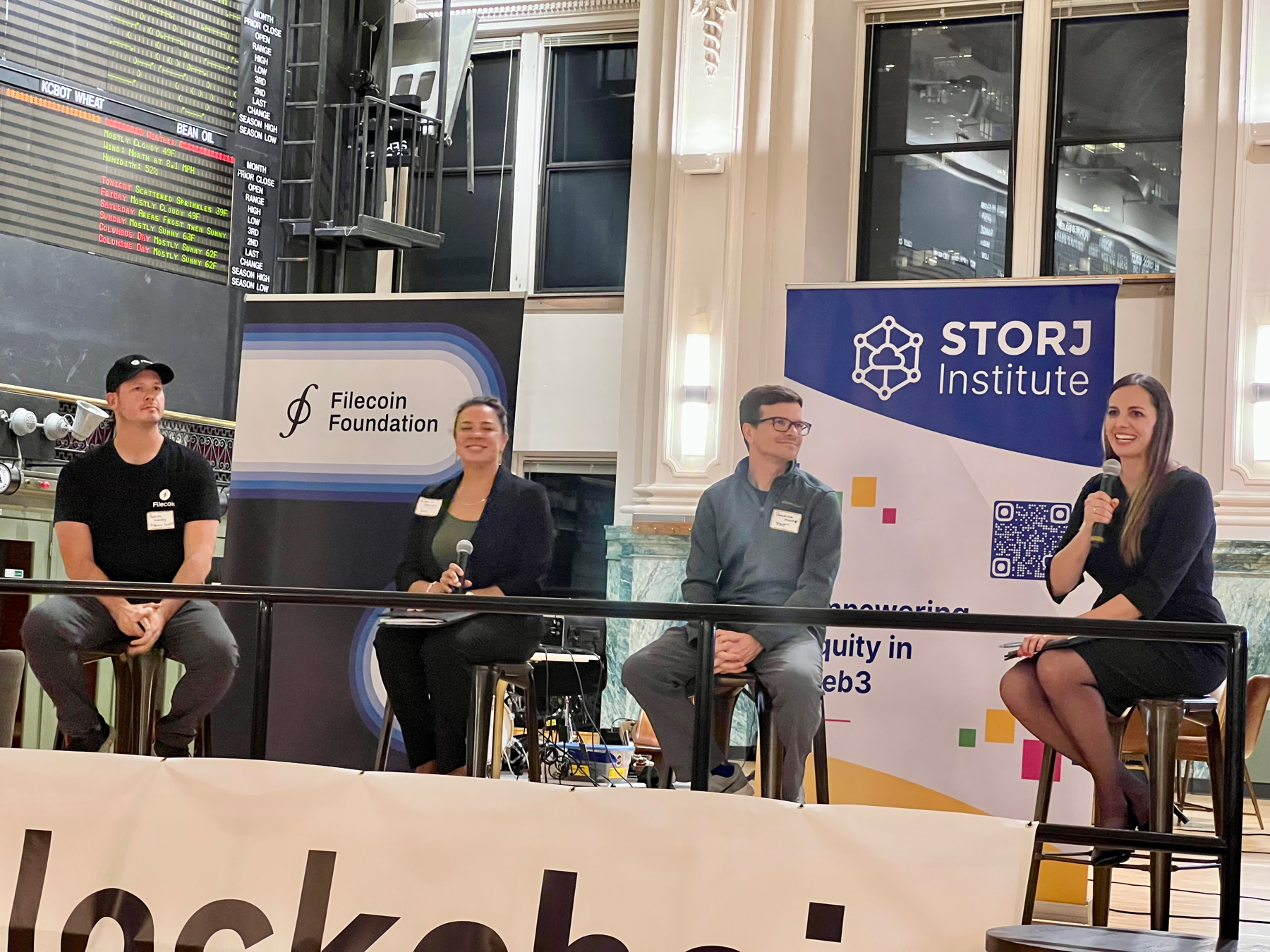
It was really cool to see UMN Blockchain club there. The club has over 300 people engaged and an active community. They won the Columbia University hackathon for crypto.
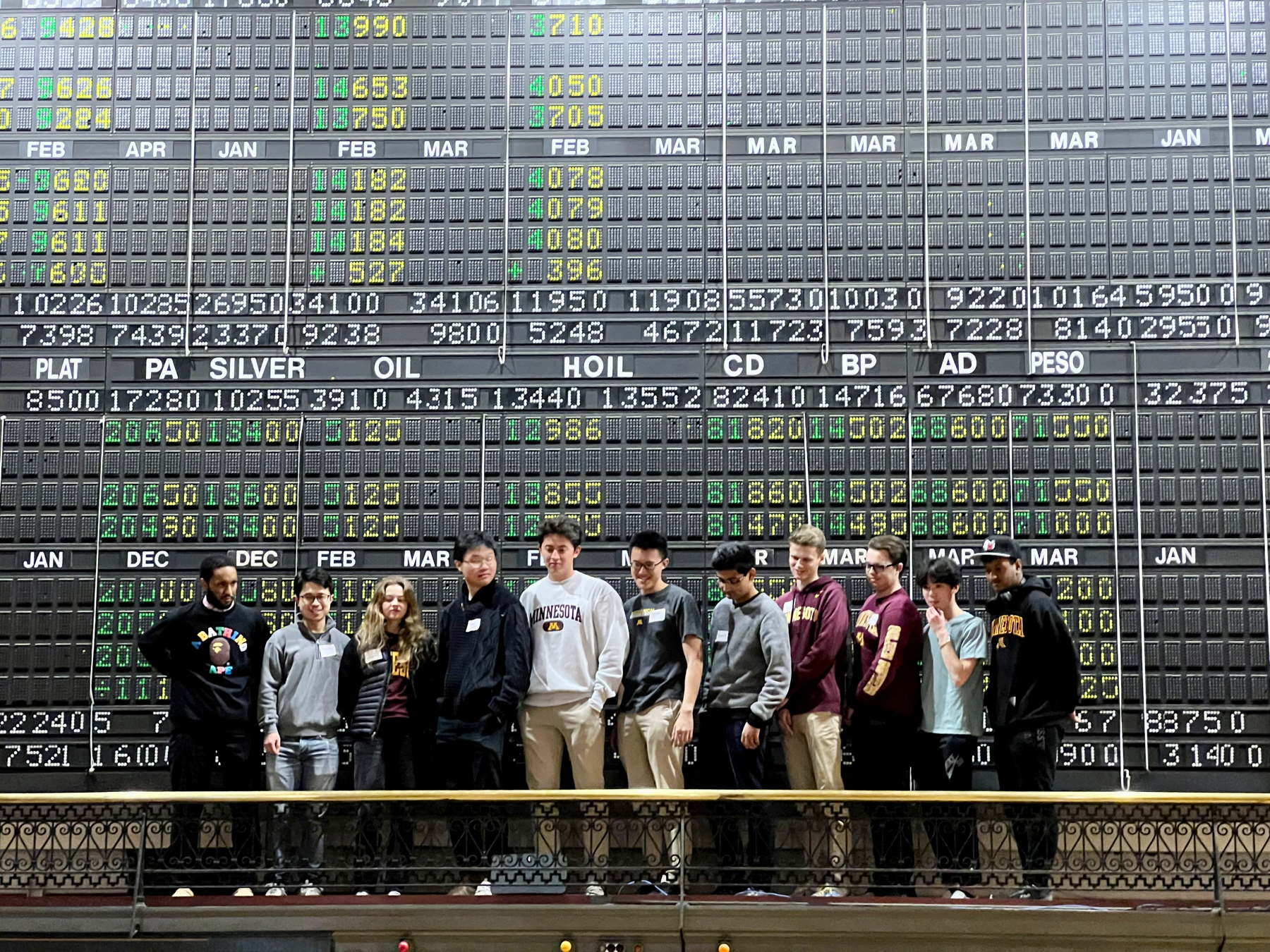
Another highlight for me was the presentation on using NFTs for campaign fund raising. Not that I’m excited about raising money for campaigns, but I think it is a model of creating community and collective action. The highlight was that the average fund raise from the NFT was $5, but then follow-on donations from those individuals was another $250.
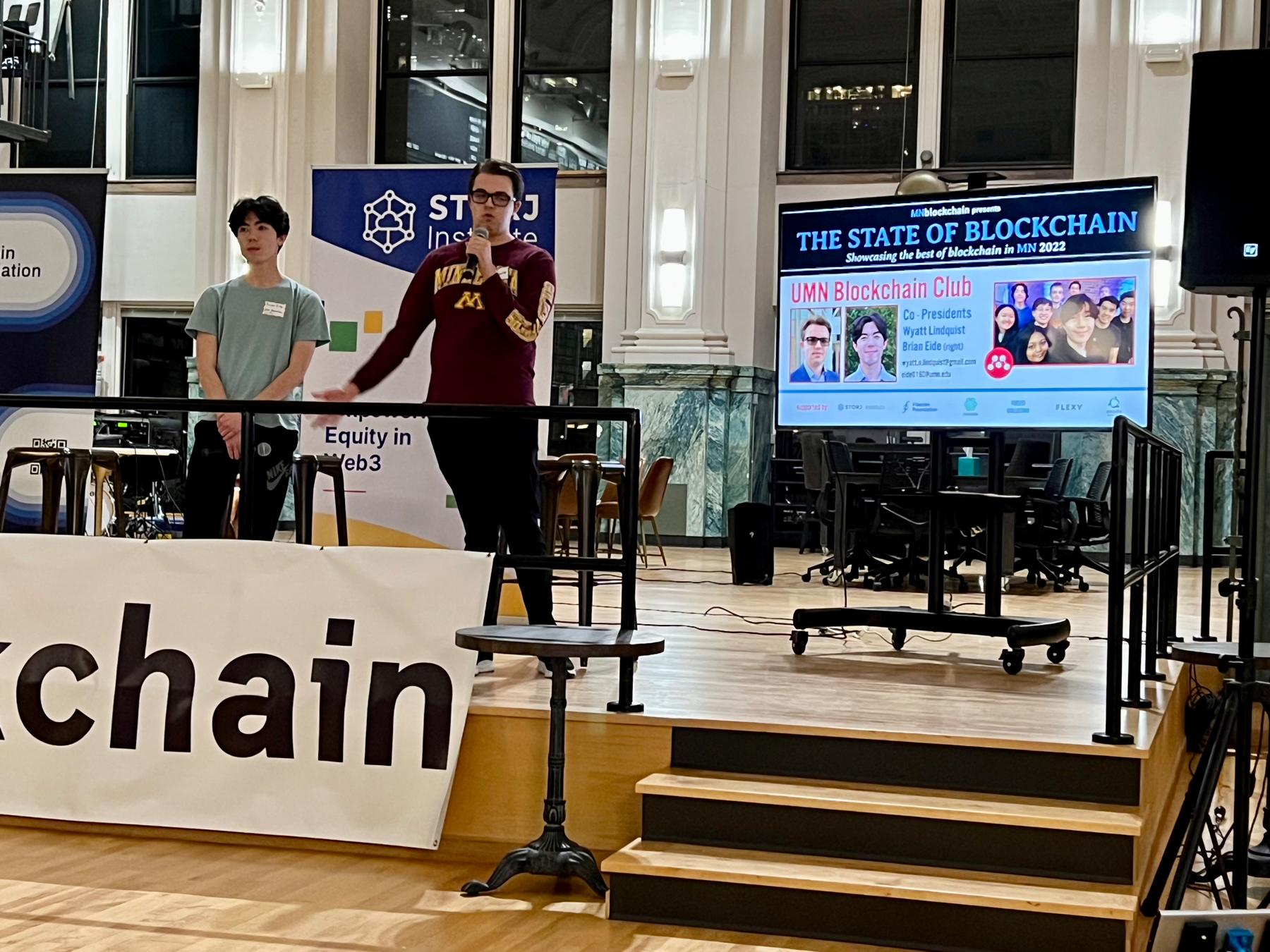
I noted that there wasn’t very much overlap between the technology events I typically go to and this one. On the plus side, this event was significantly more diverse on every metric than any tech events I’ve been to. I loved that. At the same time, I think it is a miss to not get more passionate technologists at these events to stir the creativity and have interesting outcomes.
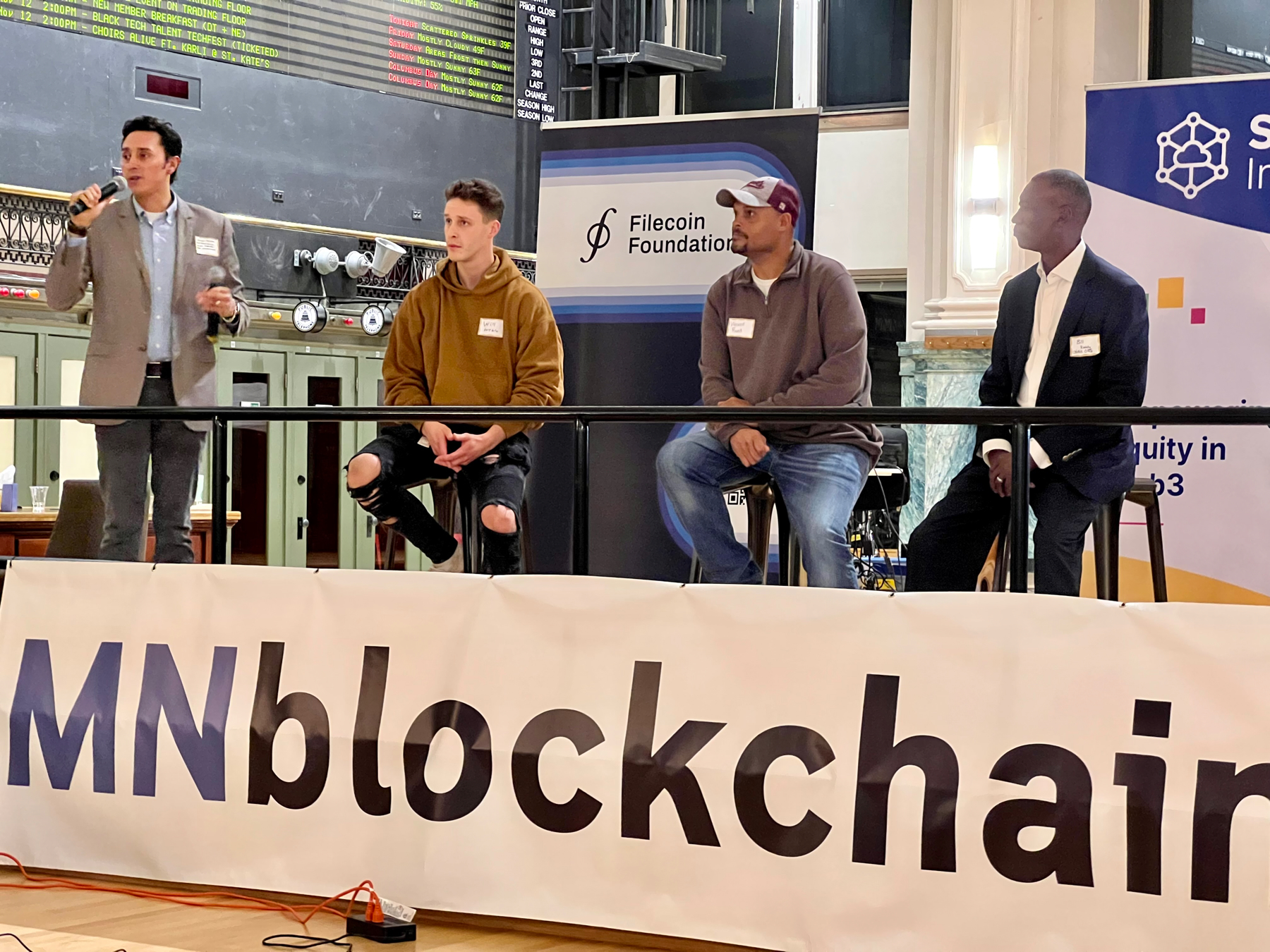
I worked with the organizers to make a POAP for the event, but it was last minute and the distribution was not thought out well enough. More thoughts to come on using POAPs at events. It was also the first time I distributed a “You’ve met me” POAP, which was fun to do.
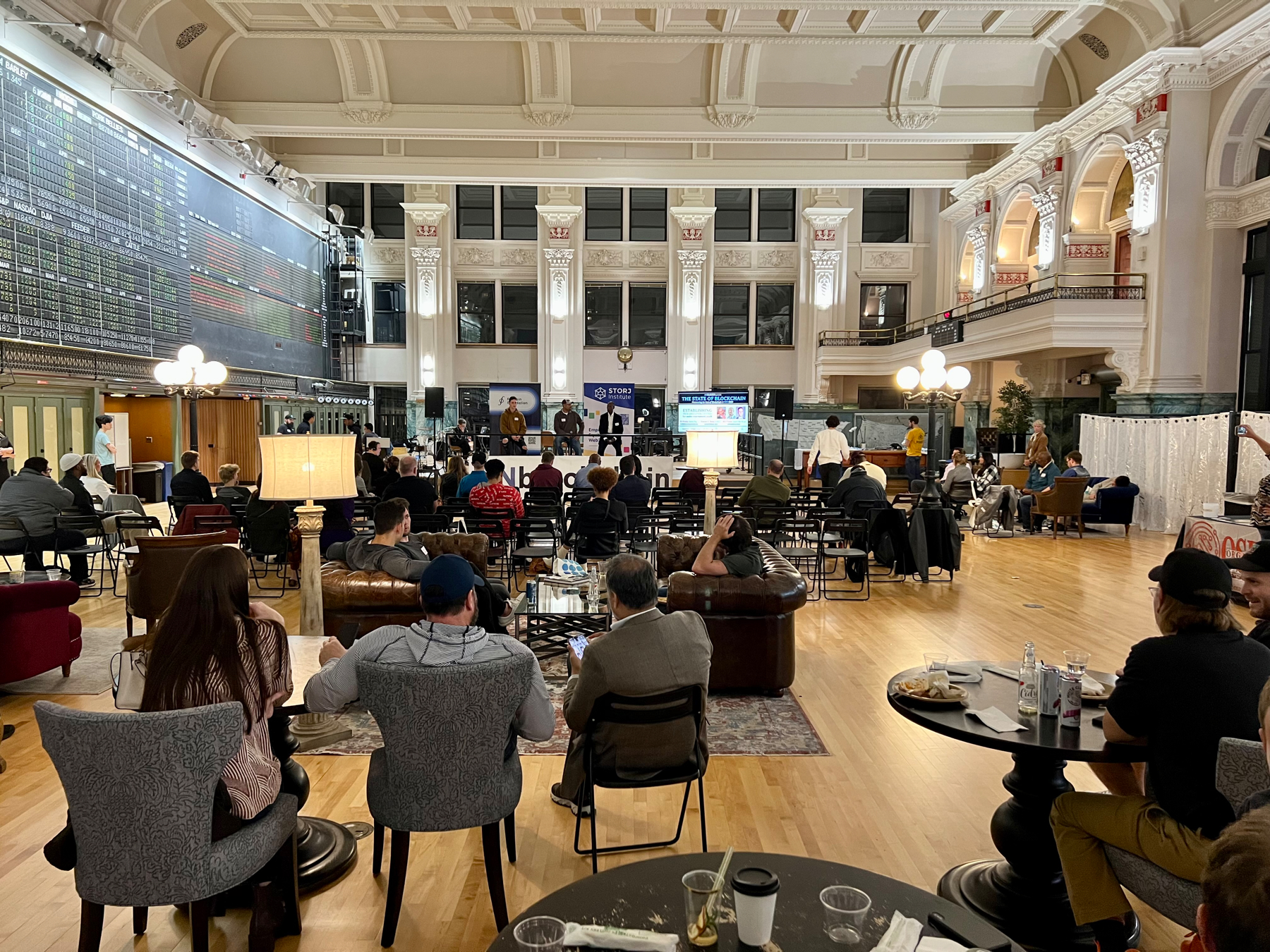
We are having a party to celebrate my Mom’s 70th Birthday today and we are marking the day with a special POAP! I used Poapathon to get a wonderful custom image to make it even more special.
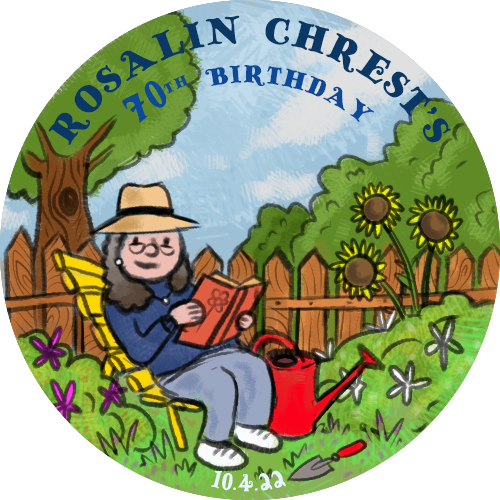
The POAP for this years TeamSPS Kubb Tournament turned out just amazing! I created a Poapathon bounty and “InsertGenericArtName” just blew me away with this design.
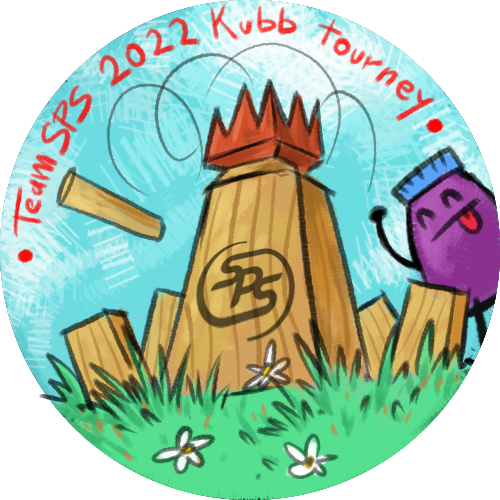
I got my Ethereum Mainnet Merge POAP today! It goes perfectly with my Ropsten Merge and Goerli Merge tokens. Tyler got one too.
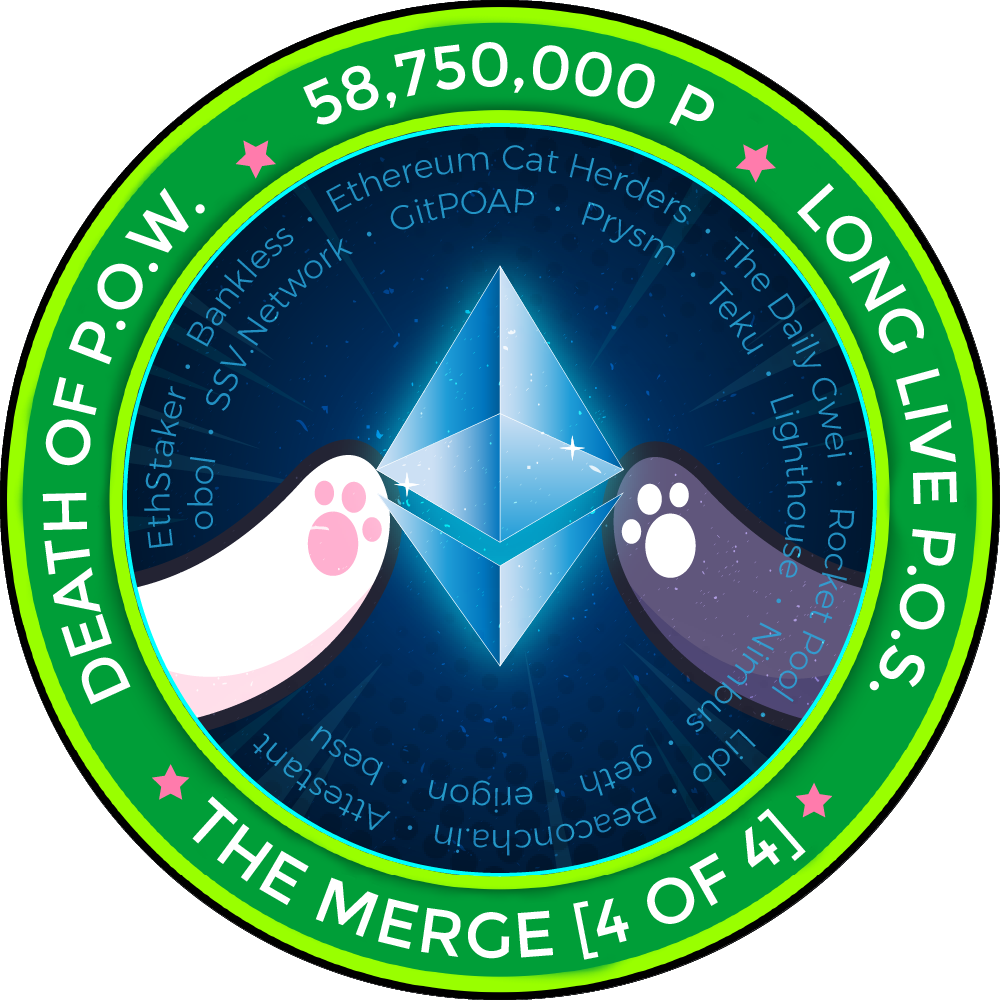
Waiting for the Ethereum mainnet merge? Make your Gitcoin grants!
I supported ENS Fairy, POAPin, Internet Archive, EFF, and ethstaker in Grant Round 15.
My grants were matched 10x! 💰 I love how you can see the direct transfers in the transaction.
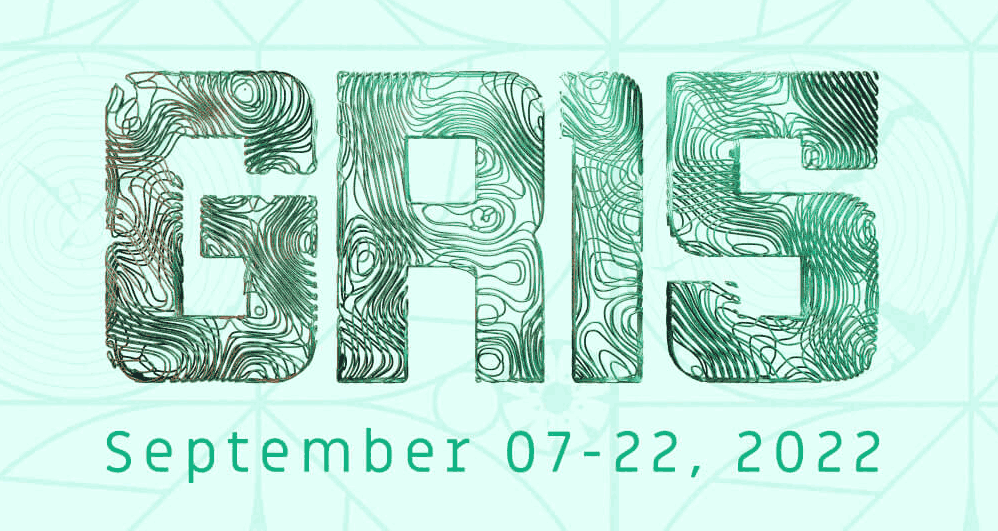
Participated in my first POAP Art canvas tonight as part of the merge call. Painted my “Thing” moniker in the lower right part of the canvas. 🤩
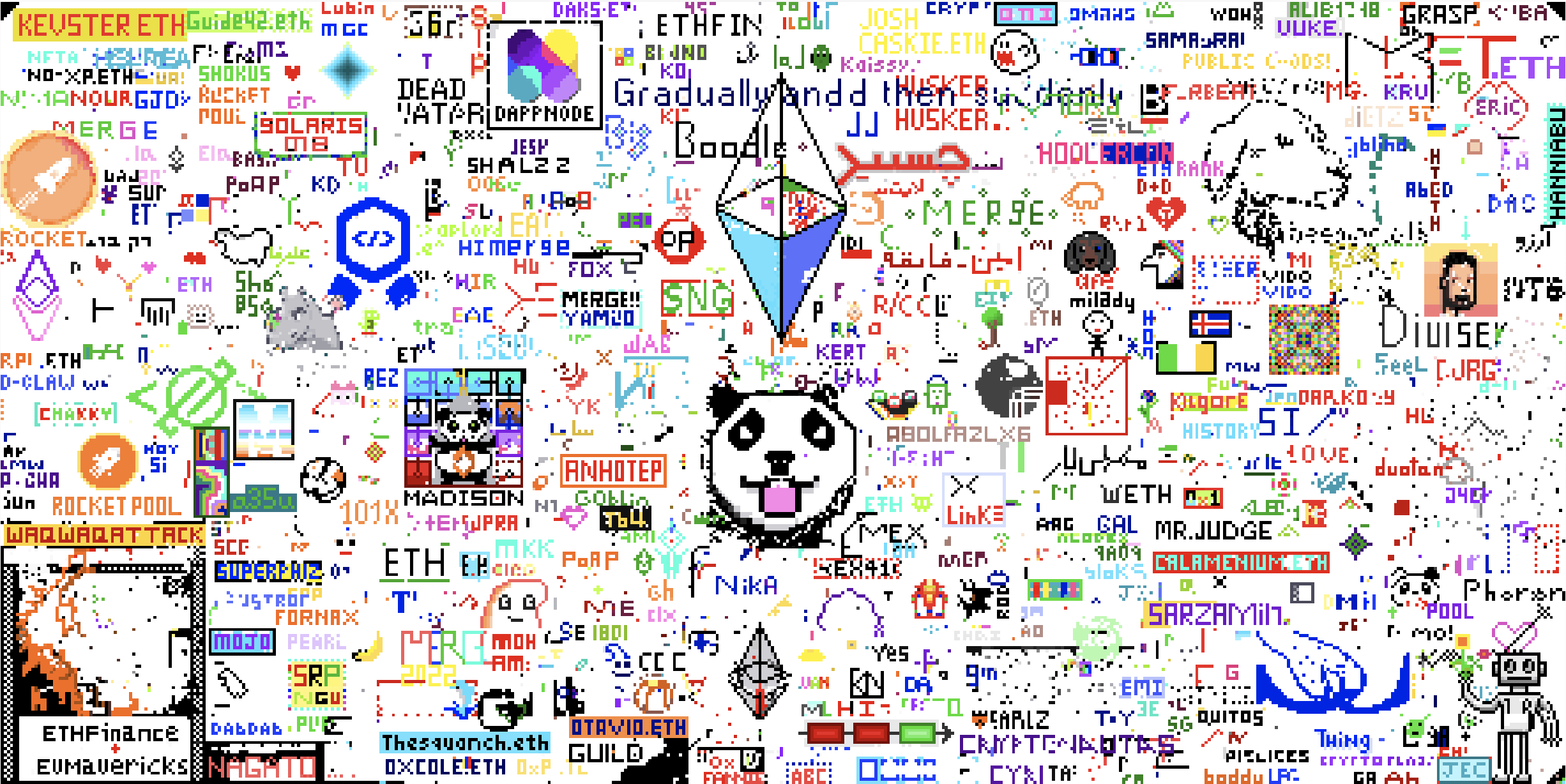
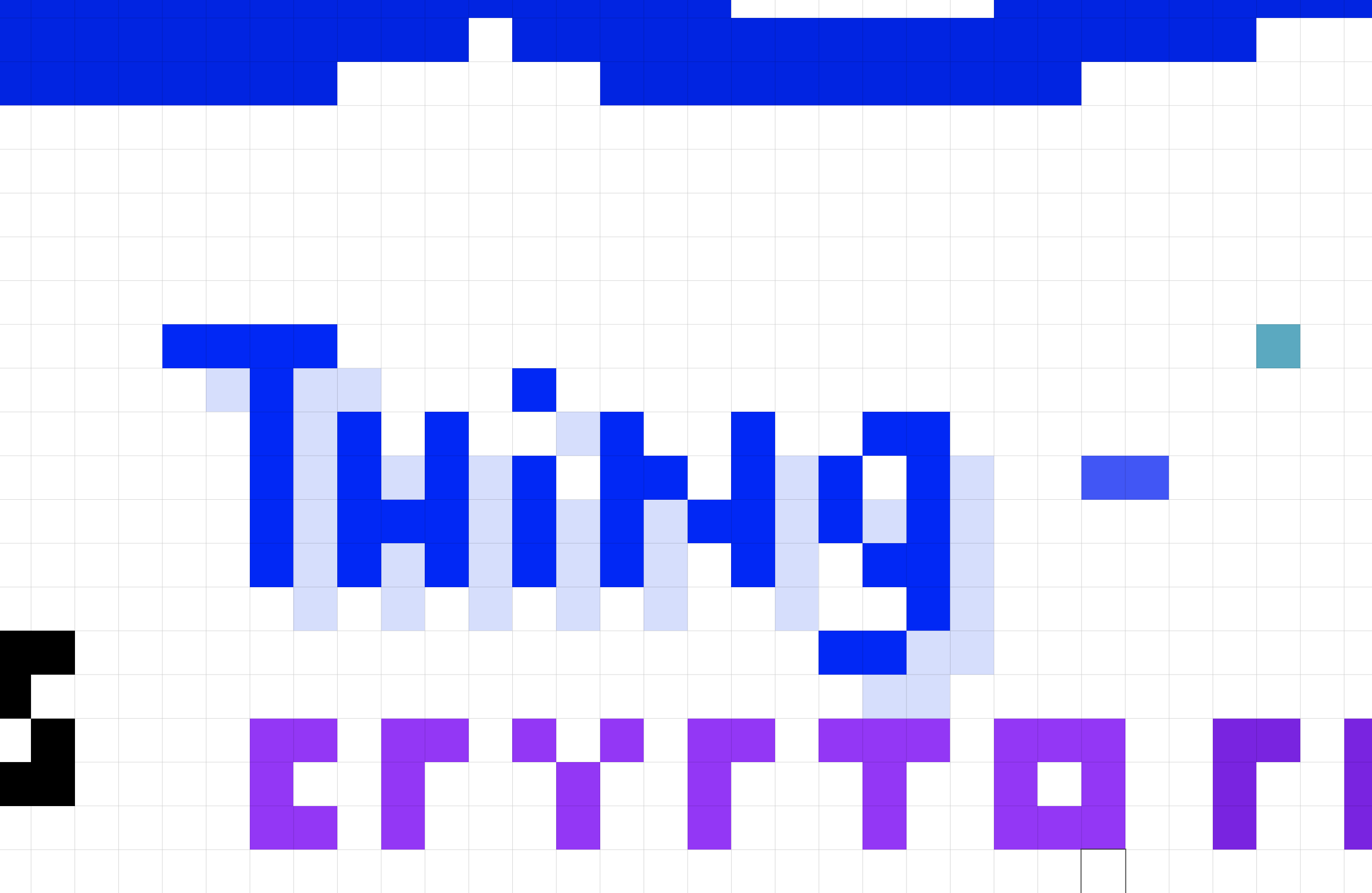
Final Version
Here is the final completed canvas. I had to defend my pixels many times when people tried to take them over. Thing FTW! 🤩
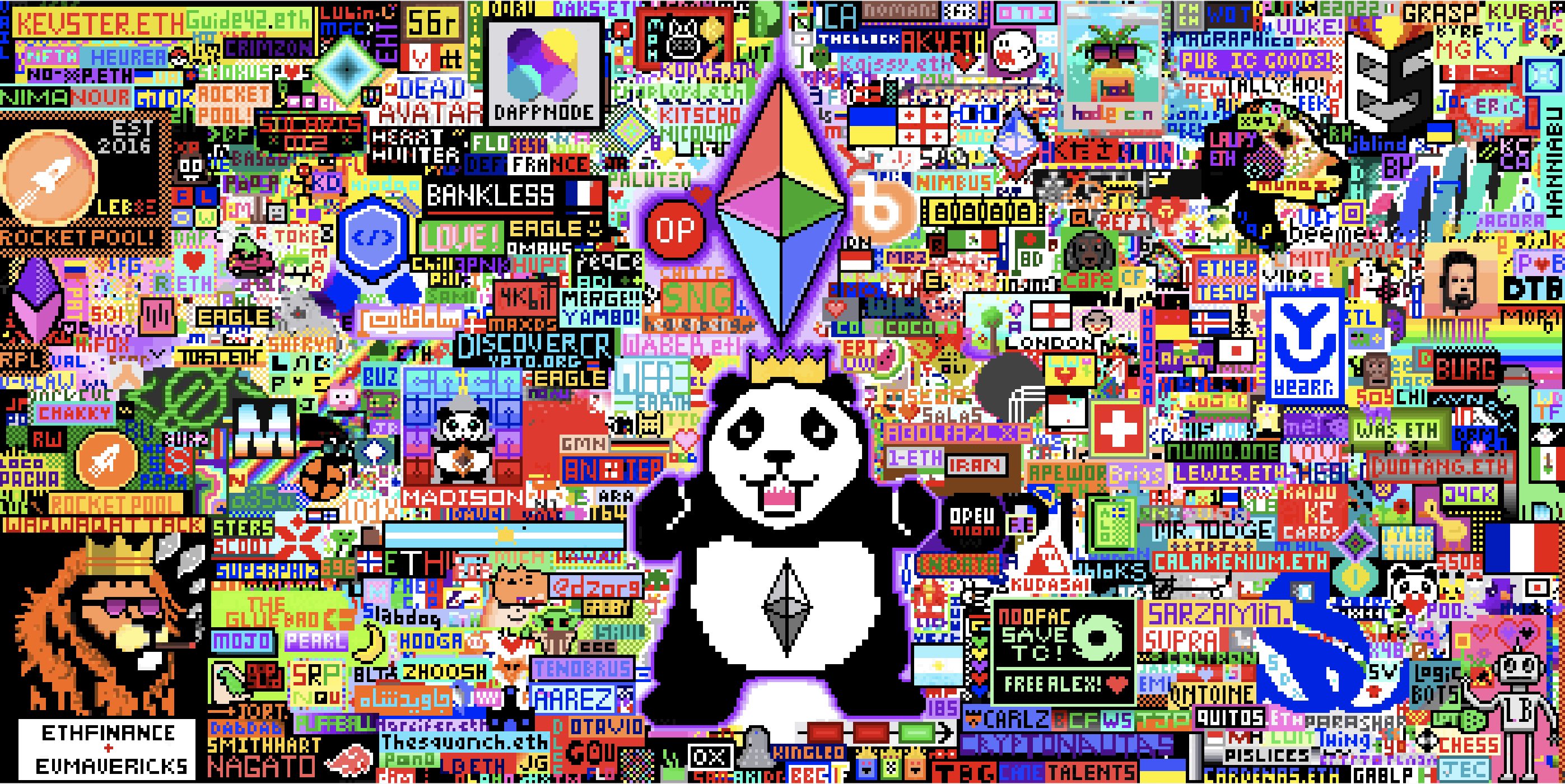
Looking forward to the Ethereum mainnet merge tonight, and digging my Ropsten and Goerli merge POAP tokens. ❤️ POAP! 🤩
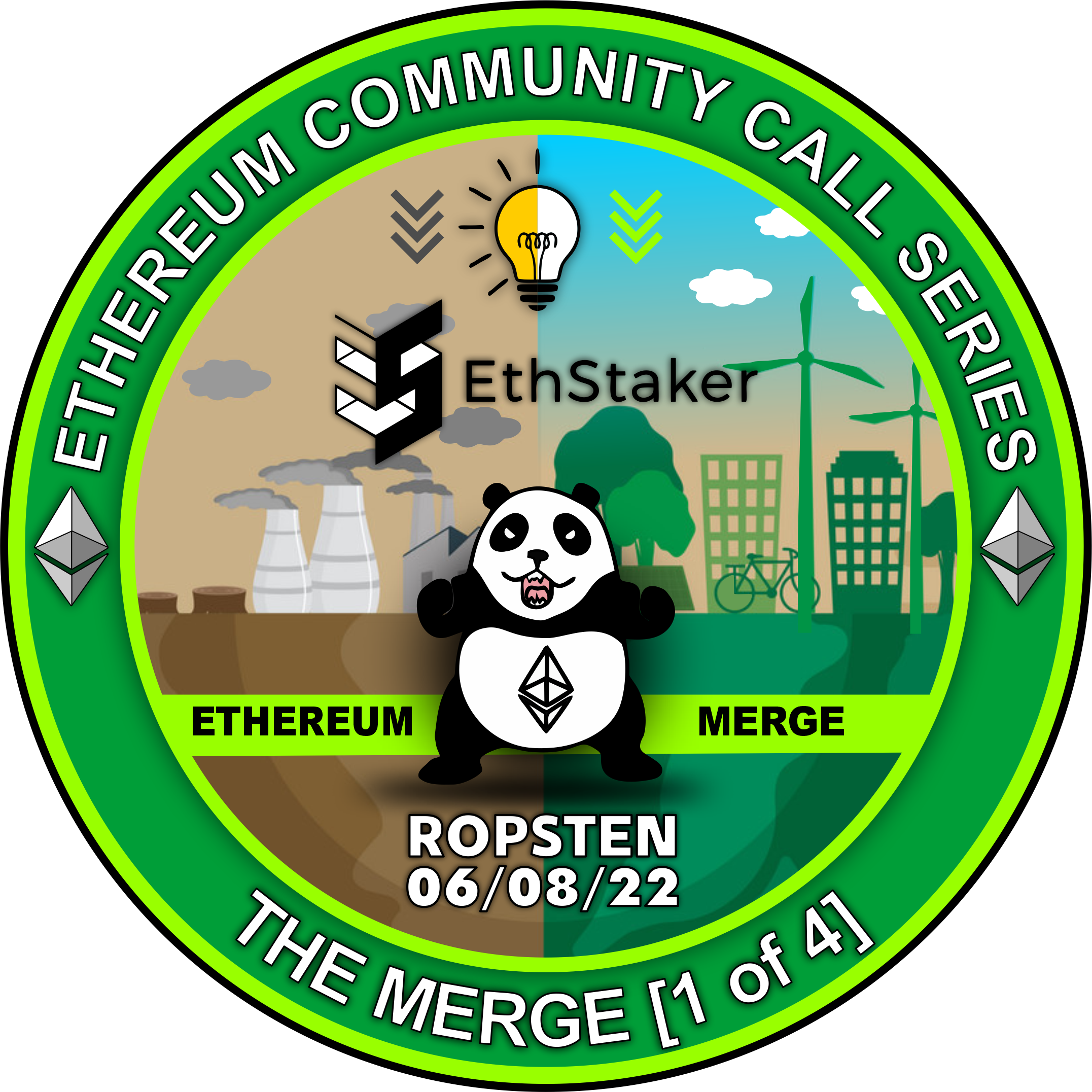
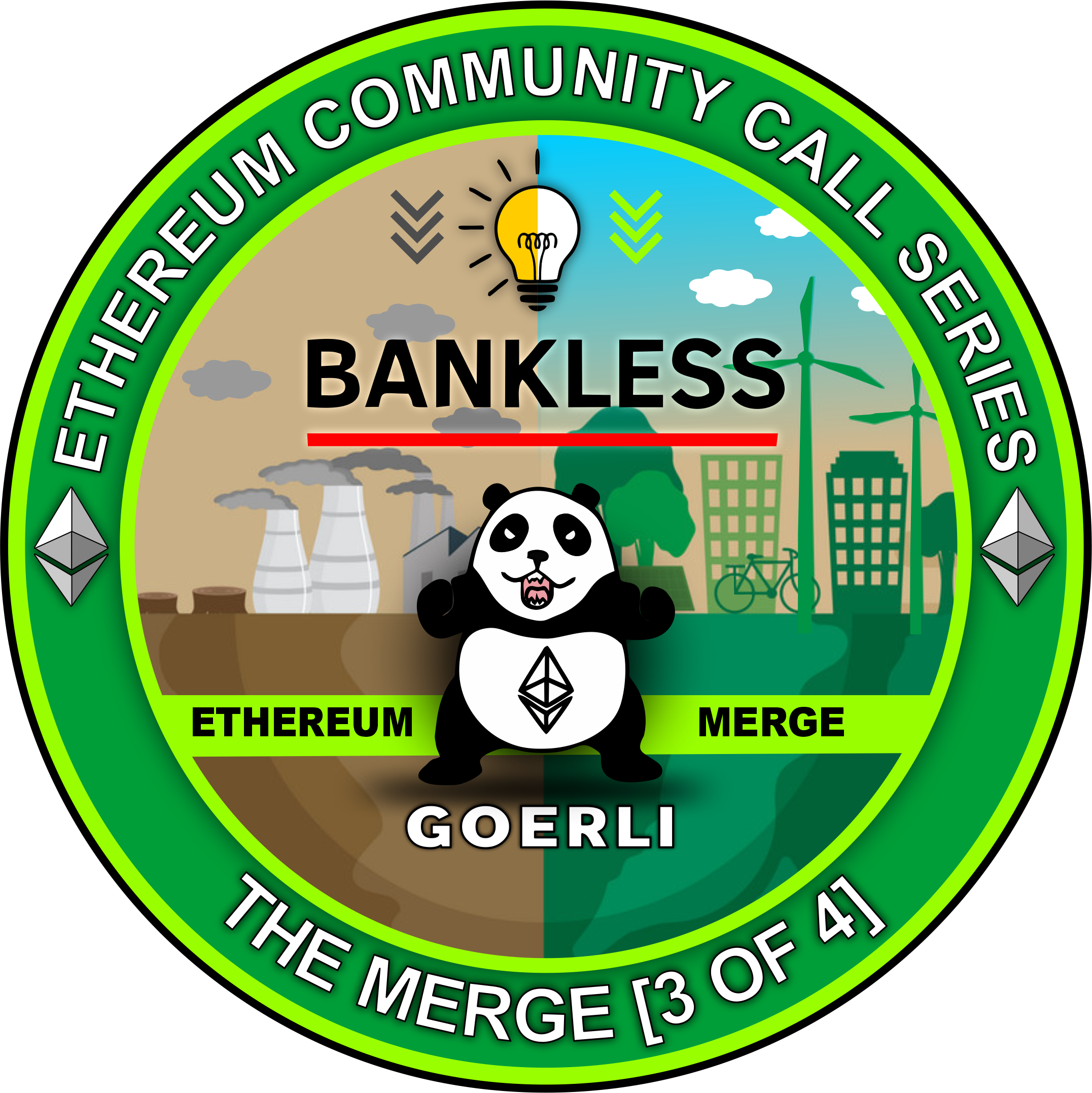
Ordered a Dappnode Home i732 so that I can run a validator for Gnosis at home. I’m a big fan of POAP and Nifty.ink, both of which run on Gnosis. This seems like the easiest path exploring home staking. If this all goes well I would like to explore home staking Ethereum.
